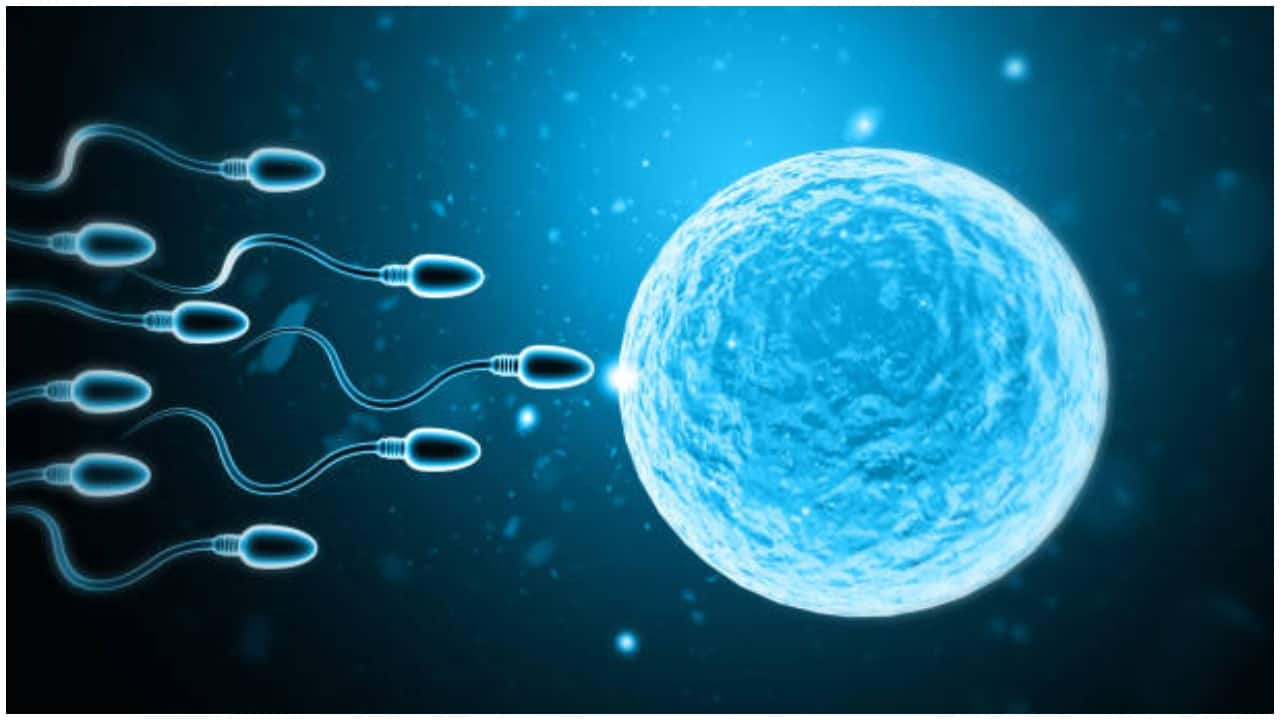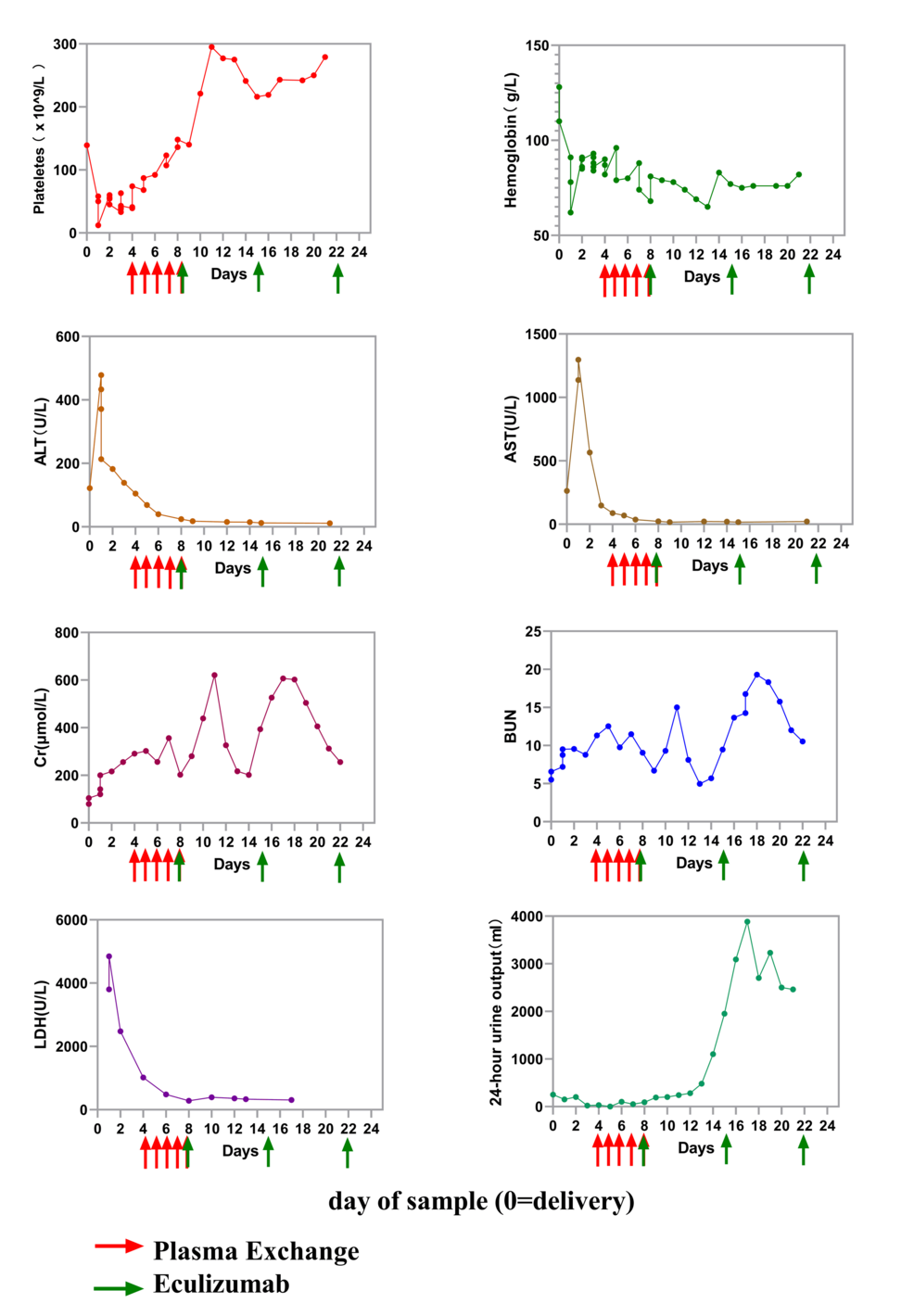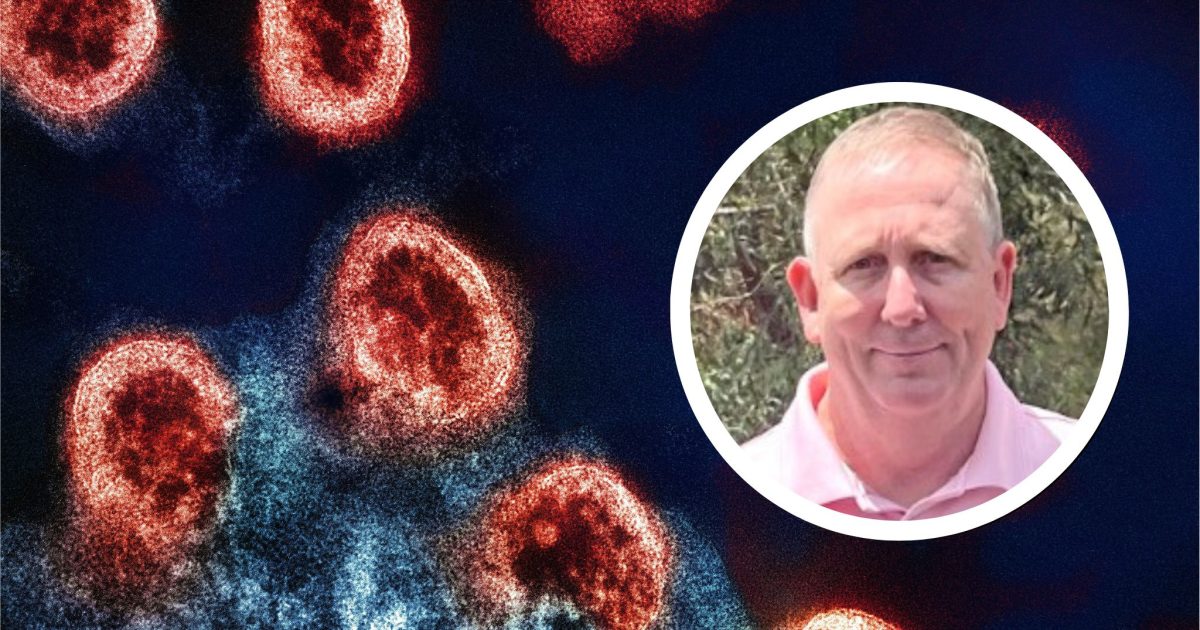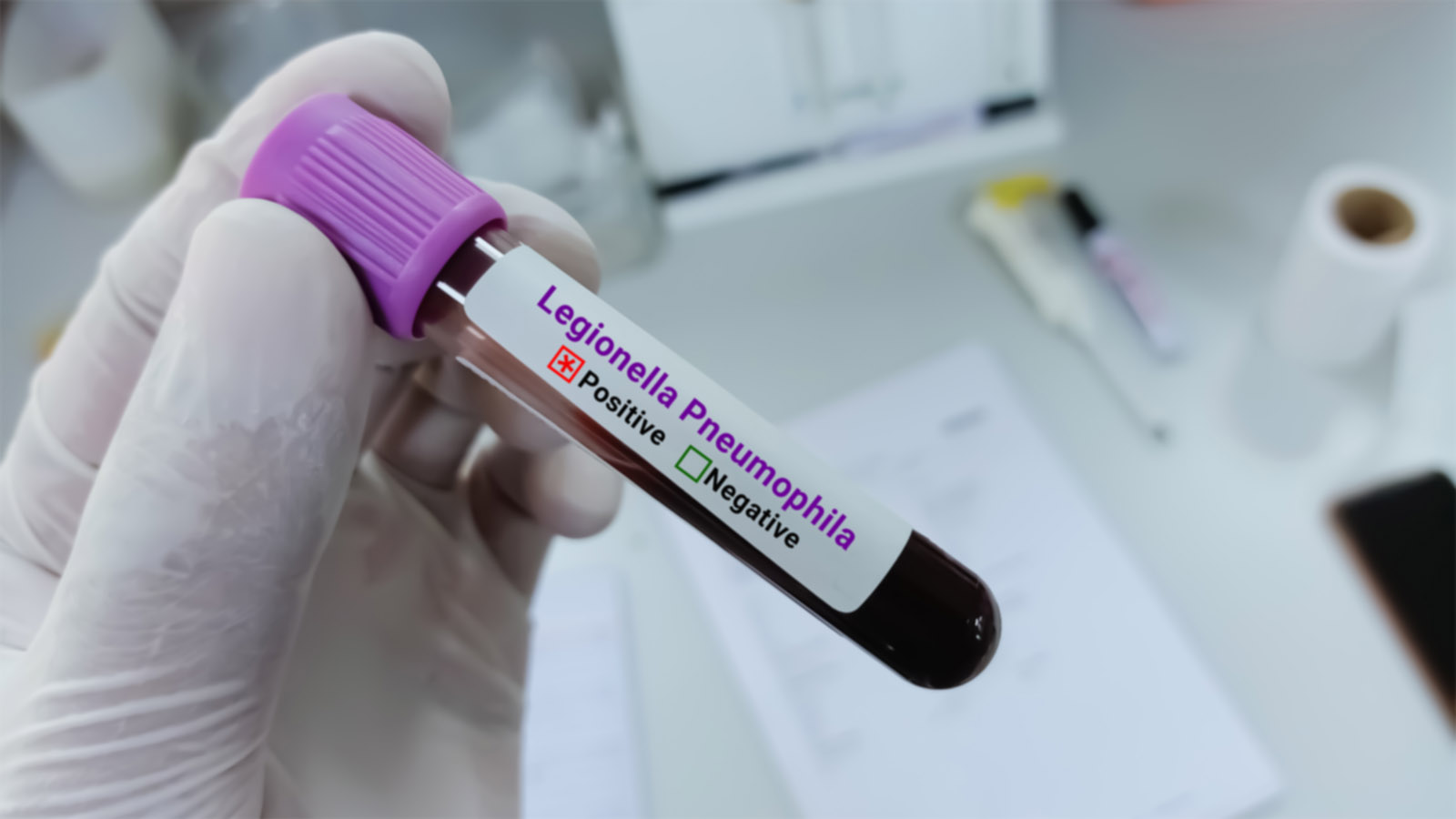Sperm Donor with Rare Genetic Mutation Fathered 67 Children; 10 Diagnosed with Cancer

A recent report has shed light on a troubling situation involving a sperm donor who possesses a rare genetic mutation. This donor has fathered a staggering 67 children through sperm donation. In a concerning turn of events, it has been revealed that 10 of these offspring have been diagnosed with cancer, raising questions about the implications of genetic contributions in the realm of assisted reproduction.
The donor, whose identity remains anonymous for privacy reasons, was initially celebrated for his contributions to families seeking assistance in conceiving. However, the emergence of health issues among his children has sparked a robust discussion regarding the ethical considerations of sperm donation, particularly when genetic health risks are involved.
Experts in genetics and reproductive health are emphasizing the importance of thorough screening processes for sperm donors. They argue that potential genetic predispositions to serious health conditions, such as cancer, should be disclosed and considered during the selection process. In light of the recent findings, many are calling for stricter regulations to ensure that donors are adequately vetted for potential genetic risks, which could have profound implications for the health of future generations.
This case also raises ethical questions about the psychological well-being of the children involved. Those diagnosed with cancer, alongside their families, face not only the physical challenges of their conditions but also the emotional and psychological impacts of discovering their father’s genetic background. Discussions are underway in medical and ethical circles about how best to support these families and manage the implications of such revelations.
Furthermore, it has highlighted the need for more education and awareness surrounding genetic health in sperm donation practices. Many prospective parents may not fully understand the potential consequences of genetic factors when choosing a donor. This incident serves as a wake-up call for both donors and recipients, emphasizing the need for a comprehensive understanding of genetic health and its impact.
As the story continues to develop, it remains crucial for stakeholders in the reproductive health community to engage in discussions that will shape future policies. The intersection of genetics and assisted reproductive technology is a rapidly evolving field, and the health implications for children born from donor sperm are significant.
The medical community is urging donors to undergo genetic testing and provide necessary disclosures about any potential health risks. The hope is to prevent similar situations in the future and to ensure that families can make informed decisions when choosing a sperm donor. As more information becomes available, the spotlight will undoubtedly remain on the ethical and health considerations surrounding sperm donation practices.





























